Introduction: Why We Need This Guide Now
In a world of nonstop notifications, infinite scrolling, and AI-generated everything, staying grounded mentally and emotionally has become one of humanity’s greatest challenges. At Flashpoint News, we’ve explored the complex intersections of mental health, technology, cosmic philosophy, and identity in the modern age.
This guide brings together our most impactful explorations—from silence as medicine for the mind, to the ethics of cloning celebrities, to mind-bending theories like the simulation hypothesis and the zoo hypothesis. Whether you’re trying to declutter your digital life, explore the mysteries of consciousness, or just make sense of 2025, this is your compass.
We’ve curated this for thinkers, feelers, skeptics, and explorers alike. It’s more than a collection of articles—it’s a deep dive into the invisible forces shaping your mental space.
So take a breath, mute the noise around you, and get ready to question everything—from your thoughts to the universe itself.
The Science of Silence and Inner Balance
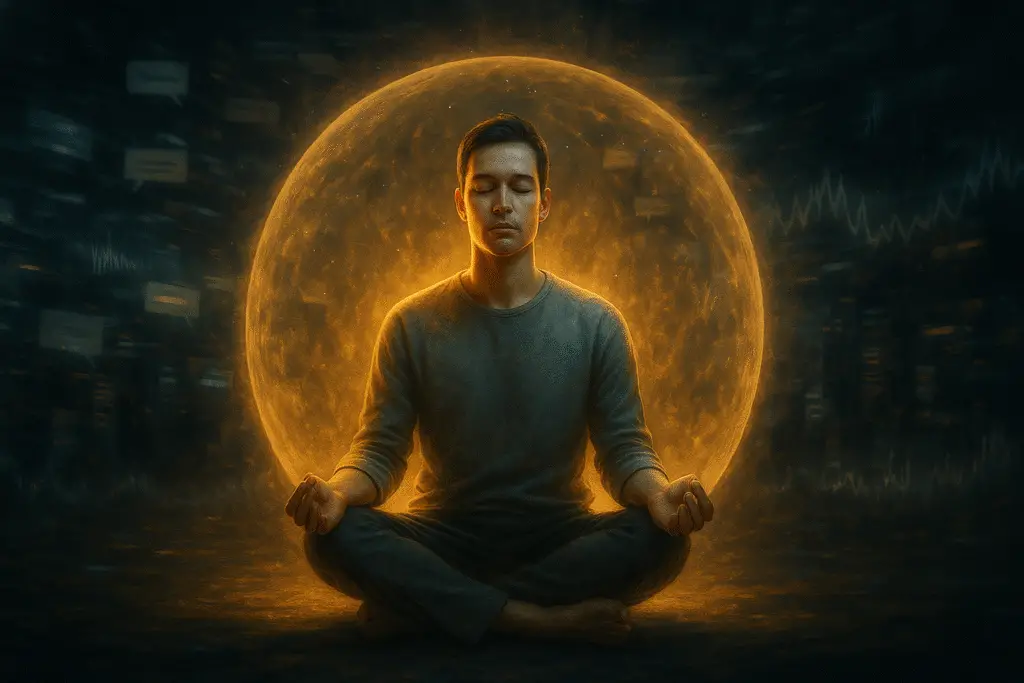
Silence isn’t just golden—it’s scientifically healing. In our feature “The Science-Backed Benefits of Silence on Mental Health”, we explored how quiet moments can improve cognition, reduce stress hormones, and even support brain regeneration.
In an age where silence is rare and overstimulation is the norm, reclaiming these pockets of calm becomes a revolutionary act. Research shows that just two minutes of complete silence can be more relaxing than slow music. That’s right—doing nothing may actually be your brain’s favorite activity.
The implications for mental health are huge. Constant background noise, whether from social media or smart home devices, keeps your nervous system in a low-grade state of alert. Silence, in contrast, activates the brain’s default mode network—associated with creativity, memory, and emotional regulation.
Want to feel better fast? Start by turning off the noise. Your brain—and your mood—will thank you.
Design, Space, and Emotional Harmony
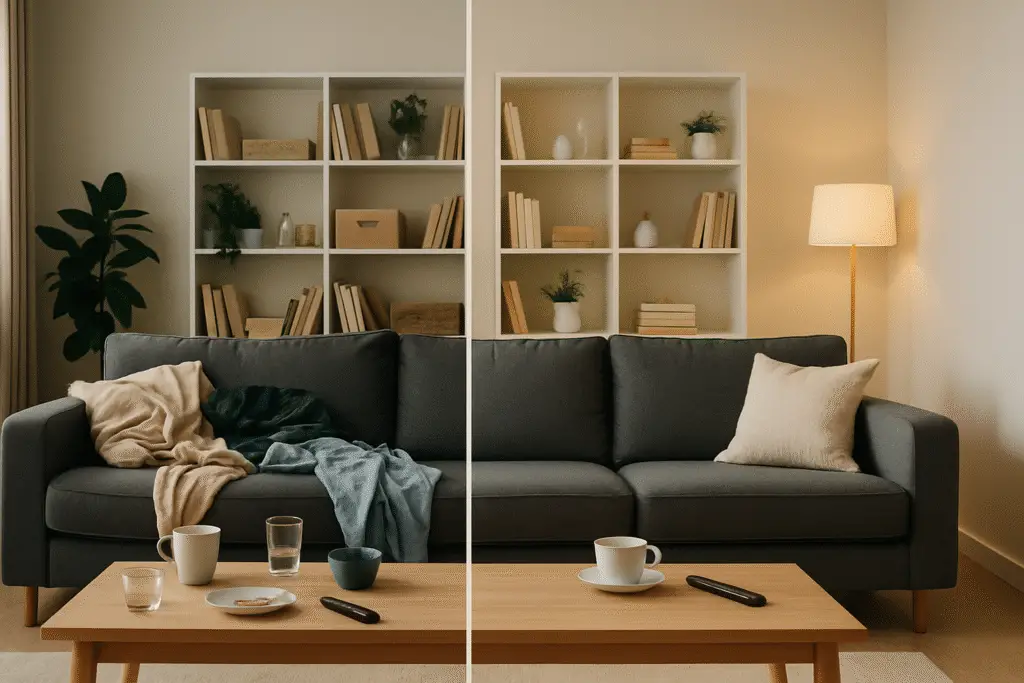
Your environment shapes your mind more than you realize. In our in-depth analysis “How Clean Design in Your Home Can Improve Emotional Balance”, we examined the subtle ways architecture, lighting, and clutter impact your emotional state.
Clutter isn’t just visual—it’s cognitive. Psychologists have linked messy spaces to anxiety, procrastination, and even depression. On the flip side, minimalist, intentionally designed environments promote clarity, control, and a sense of peace.
This isn’t about aesthetics—it’s neuroscience. A well-organized space helps your prefrontal cortex stay on track, especially during high-stress periods. It also reduces decision fatigue, improves sleep quality, and increases productivity.
By aligning your external space with your internal needs, you create a feedback loop of calm. And yes, sometimes rearranging your furniture is self-care.
Digital Kindness and the New Ethics of the Internet
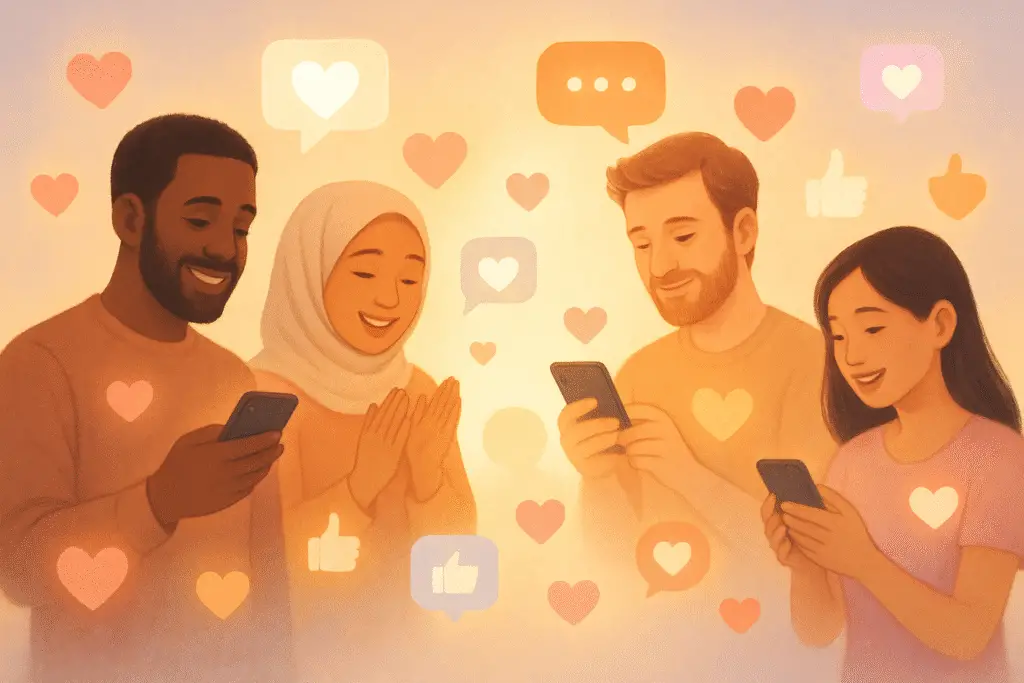
The internet was once seen as a utopia of free expression, but it’s become a space often dominated by hostility, disinformation, and performative outrage. In our article “How to Practice Online Kindness: A Guide to Healthier Digital Spaces”, we explore how we can reclaim empathy in our online interactions.
Digital kindness isn’t weakness—it’s strategy. Studies show that exposure to online cruelty affects mental health just as much as real-life conflict. On the flip side, positive online environments improve users’ emotional resilience, reduce anxiety, and foster a sense of digital belonging.
We also need a new internet ethic—one that values humanity over clicks. It’s time to question how we engage in comment sections, what we share, and how algorithms shape our worldview.
Being kind online isn’t about being passive. It’s about being intentional, informed, and aware of the digital footprints we leave behind.
Reclaiming Focus: The Art of Digital Declutter

In today’s hyperconnected world, distractions are everywhere. From endless notifications to algorithm-driven feeds, our attention is constantly hijacked. Our piece “Digital Declutter: A Beginner’s Guide to Reclaiming Focus in a Noisy World” dives into practical steps to take back control.
Digital decluttering means more than deleting apps or emails—it’s about consciously designing your digital environment to serve your mental health and productivity. Studies reveal that constant interruptions impair cognitive function and increase stress hormones.
Simple habits like scheduling “no-screen” times, curating social media feeds, and using tools that block distractions can profoundly improve your focus. It’s about creating intentional space for creativity and calm amidst the chaos.
By reducing digital noise, you not only protect your brain but also gain precious time for reflection, rest, and real connection.
Existential Theories in a Hyperconnected World
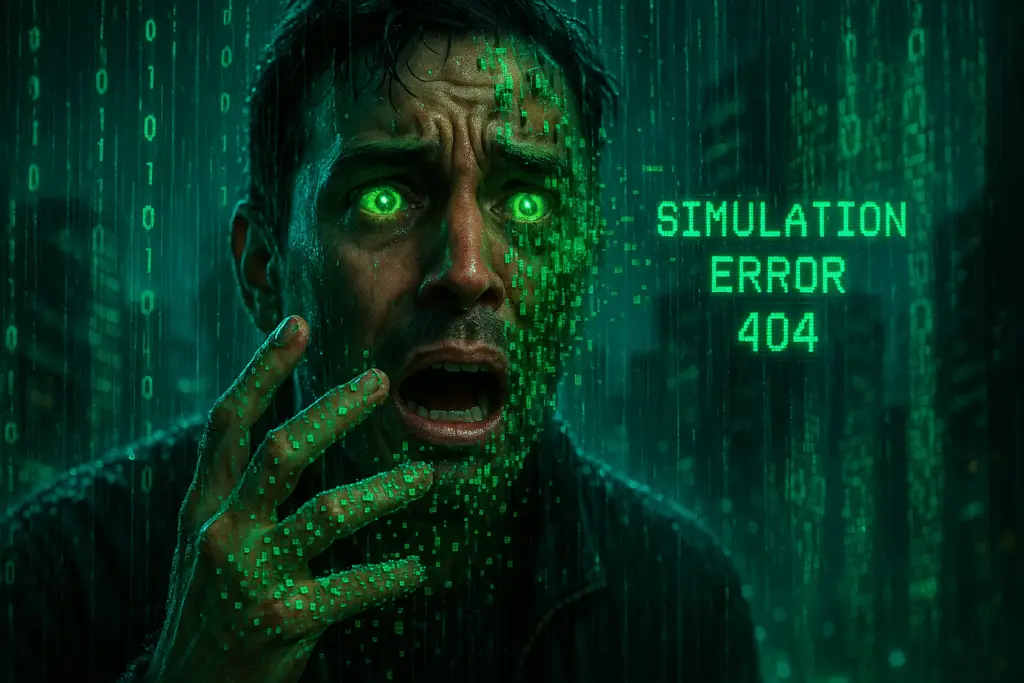
In a time when we are more connected than ever, questions about our place in the universe and the nature of reality have never been more pressing. Our articles like “Are We Living in a Simulation? The Mind-Bending Evidence” and “The Dead Internet Theory: Are You Talking to Real People Online or Just Bots?” explore these mind-expanding concepts.
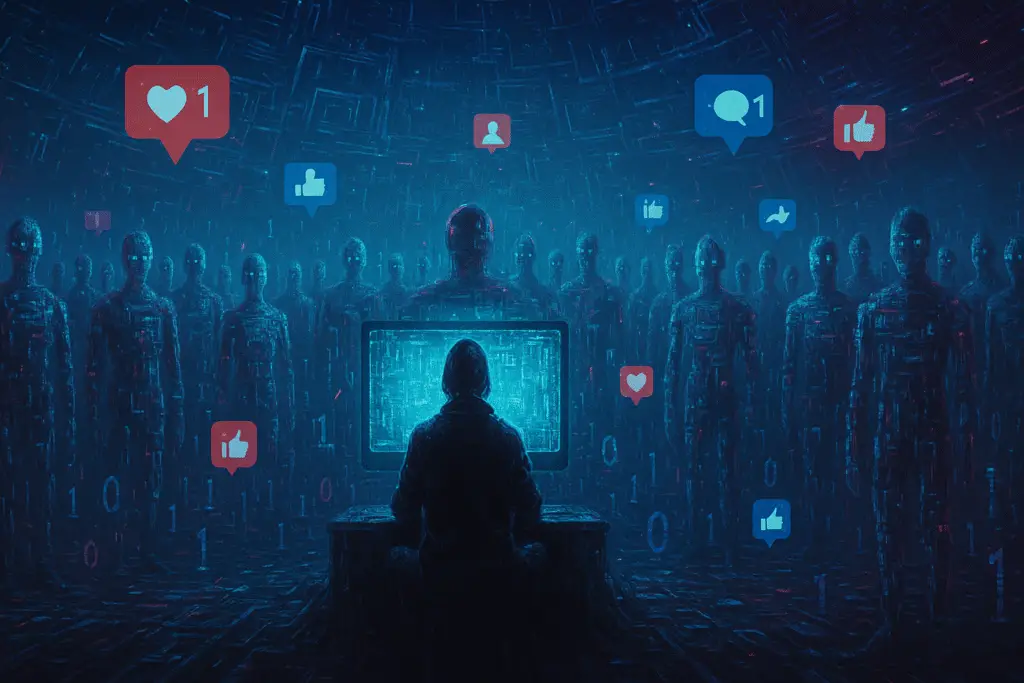
The digital age has amplified both our ability to explore profound philosophical questions and our susceptibility to existential anxiety. Theories such as the Simulation Hypothesis challenge our understanding of consciousness and reality, while the Dead Internet Theory raises concerns about authenticity in online interactions.
These ideas can feel overwhelming, but they also invite us to reflect on what it means to be human in a digital era. Facing these questions can deepen our self-awareness and encourage mindful engagement with technology, helping us find meaning amid the noise.
As we grapple with these existential puzzles, we build resilience and open new paths toward mental clarity.
AI, Clones, and the Identity Crisis of 2025

The rise of artificial intelligence has brought unprecedented innovations — but also deep ethical questions about identity and authenticity. In “Celebrity Clones, AI Doubles, and the Ethics of Identity in 2025”, we examined how AI-generated replicas are challenging what it means to be “real.”
From digital clones of celebrities to AI-driven avatars that mimic human behavior, the boundaries between genuine and artificial identities are blurring. This raises concerns not just for the entertainment industry but for everyday people facing deepfakes, identity theft, and the erosion of personal privacy.
As we navigate this identity crisis, society must ask: how do we protect individuality and consent in a world where your likeness can be copied and manipulated endlessly?
Understanding these risks is essential for mental well-being, as the confusion and mistrust fueled by synthetic personas can lead to anxiety, paranoia, and social fragmentation.
The ethical debate is just beginning — and it’s one that will define the digital era’s impact on human identity.
Are We Alone in the Universe — Or Just Ignoring the Signals?

The vastness of space has long inspired wonder and curiosity. Yet, despite decades of searching, we have found no definitive proof of extraterrestrial life. Our articles “The Fermi Paradox: Why the Universe Is Silent” and “Are We Just Animals in a Galactic Zoo? Exploring the Zoo Hypothesis” delve into these cosmic mysteries.

The Fermi Paradox highlights the contradiction between the high probability of alien civilizations and the lack of contact with them. The Zoo Hypothesis suggests that advanced extraterrestrial beings may be deliberately avoiding us, keeping Earth under observation without interference.
These theories push us to question not only our place in the cosmos but also our assumptions about communication, intelligence, and existence itself.
Exploring these ideas can expand our mental horizons and offer a humbling perspective on human life, urging us to look beyond ourselves and consider the infinite possibilities that the universe holds.
When Science Meets Philosophy: Consciousness, Simulation, and Beyond
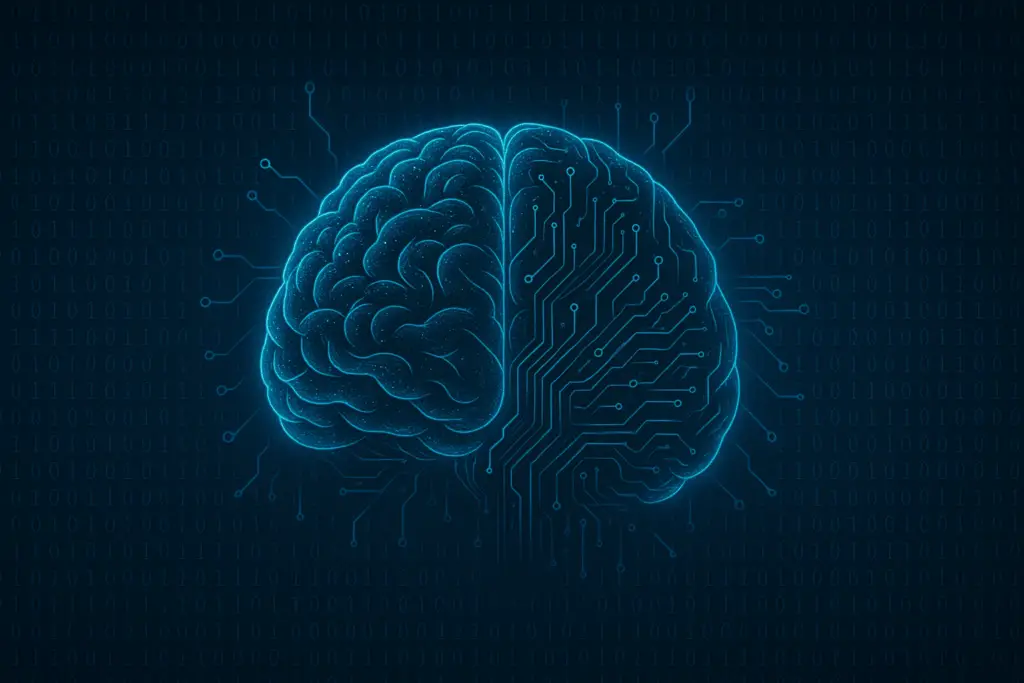
The boundary between science and philosophy is increasingly blurred in today’s quest to understand consciousness and reality. Our feature “Digital Immortality: Could Your Consciousness Live Forever Online?” explore these frontier questions.
Advances in AI, neuroscience, and digital technologies are challenging what it means to be “alive” and “aware.” Concepts like uploading consciousness or experiencing lucid dreams push us to rethink identity and existence beyond biological limits.
While some see digital immortality as the future, others warn about the loss of authenticity and the ethical dilemmas it poses. Similarly, the simulation hypothesis suggests that our perceived reality might be an artificial construct, raising profound questions about free will and purpose.
Engaging with these ideas invites us to expand our mental models and embrace uncertainty, fostering humility and curiosity in a rapidly evolving world.
Final Thoughts: How to Stay Mentally Grounded in an Unstable Future
As technology accelerates and the world becomes more complex, maintaining mental balance is both more challenging and more vital than ever. Through this guide, we’ve explored silence, design, kindness, and existential questions that shape our inner and outer worlds.
Staying grounded means embracing intentional habits: carving out quiet time, designing your environment for calm, practicing empathy online, and thoughtfully engaging with big ideas about identity and existence.
Remember, mental health is a journey, not a destination. The answers may not always be clear, but the act of questioning and reflecting builds resilience.
By cultivating awareness and connection—to ourselves, to others, and to the mysteries beyond—we prepare for a future that is unpredictable but full of possibility.
At Flashpoint News, we invite you to keep exploring, keep questioning, and above all, keep your mind open.
Curated Reading List: Deepen Your Exploration
To dive deeper into the topics covered in this guide, explore our carefully selected articles:
- The Science-Backed Benefits of Silence on Mental Health
- How Clean Design in Your Home Can Improve Emotional Balance
- How to Practice Online Kindness: A Guide to Healthier Digital Spaces
- Digital Declutter: A Beginner’s Guide to Reclaiming Focus in a Noisy World
- Mental Health in the Age of Hyperconnectivity: Finding Balance in a Constantly Connected World
- Celebrity Clones, AI Doubles, and the Ethics of Identity in 2025
- Are We Living in a Simulation? The Mind-Bending Evidence
- The Dead Internet Theory: Are You Talking to Real People Online or Just Bots?
- The Fermi Paradox: Why the Universe Is Silent
- Are We Just Animals in a Galactic Zoo? Exploring the Zoo Hypothesis
- Digital Immortality: Could Your Consciousness Live Forever Online?
- How to Stay Motivated When Life Gets Overwhelming
- Mandela Effect Explained: What It Is, Why It Happens, and Famous Examples
- Lucid Dreaming: What It Is, How It Works, and How to Master It
- Are We Living Inside a Black Hole? A Mind-Bending Theory Gaining Traction
- The Rise of AI Art: How Artists Like Hayao Miyazaki Are Pushing Back
- Climate Engineering: Can We Hack the Planet to Stop Global Warming?
- Atlantis: The Lost City — Myth, Mystery, and Modern Hunts
- Earth’s Core Is Leaking Gold: Scientists Find Proof in Volcanoes
- The Dark Forest Hypothesis: Cosmic Silence or a Universe of Hidden Hunters?


